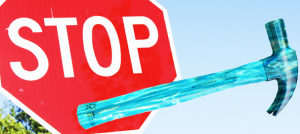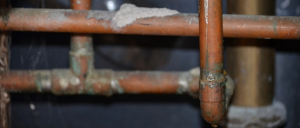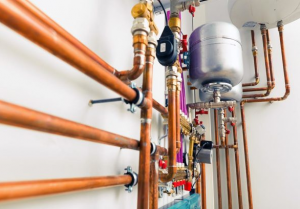Plumbing Sounds You Should Never Ignore
Hearing loud plumbing sounds/noises in your pipes is an indication that your plumbing system needs attention immediately to avoid any further damages. When you turn on your water and you hear bumps, squeaking or rattling sound. You should know there is a problem with your plumbing system.
At times the noise could be due to pipe anchoring done improperly. In most cases it’s a more serious cause. Some people can repair the problem, but it’s advisable to contact a certified plumber if the noises are coming from inside walls or floors.
Common Plumbing Sounds to Watch out For
-
Hammering
This sound is noticeable when you turn on or off a faucet too quickly. The following are reason why pipes would have hammering sound.
- Hammering sound is as a result of water flow being suddenly shut off.
- Loose pipes which are not secured properly. This has a simple remedy of strapping the pipes into place.
- Due to malfunctioning of the shock arrestors or air chambers; that is inside the piping which is behind plumbing fixtures and appliances. Here there is trapping of air so that it cushions shock from an immediate flow of water supply. When these fill up with air hammering sound is heard.
-
Whistling Sound
When sediments build up in the pipes usually around the area of bends or “T”, it reduces the amount of space available for water to flow through. Thus, a whistling sound is heard when turning on the water valve. Therefore, whistling sounds shows that the pipes are too small. To fix this; installing pressure reducing valves at the source of the whistling sound will do the trick.
-
Rattling
This happens when the pipes are insufficiently secured. Hence, the rattling sound when water travels through them. In most cases these pipes are running adjacent to a solid surface for instance walls or floor. To stop this sound cushioning is done around the pipes and securing it down with pipe straps.
-
Squeaking And Creaking
These sounds are usually heard from hot water pipes. This is because; hot water expands and contracts with changes in temperature. When pipes expand, they begin to move inside the straps holding them.
When they cool down and contract, it results to friction of the pipes. Therefore, causing the creaking and squeaking sound. Stop the sound by placing cushion on the pipes where there is strapping. So that the noise is not heard when there is contraction and expansion.
When your plumbing system has loud noises, they are indicators of major problem in your plumbing system. Therefore, contact a specialist as soon as possible.



